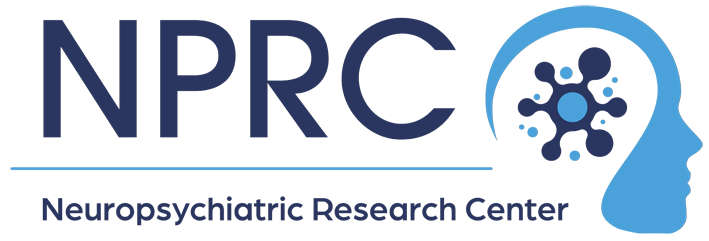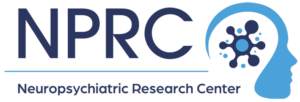Everyone has experienced forgetfulness at some point in their lives. You forget where you put your phone or the name of the person you just met. It is an entirely normal part of aging. However, there is forgetfulness that goes beyond lost keys and missing names. Alzheimer’s related memory loss gradually worsens over time, and other memory problems are a result of treatable conditions. Knowing the difference between them can pave the way for early intervention.
What is Memory Loss?

Memory loss means unusual forgetfulness. Your ability to remember new events, past events, or both are impacted. Different areas in the brain are responsible for creating and recalling memories. Any damage to those areas can lead to memory loss. You may only have it for a short time (transient), or it may not go away, or even worsen over time.
Lasting memory loss, such as Alzheimer’s-related dementia gradually worsens over time and impairs work, social, and personal abilities. Over time, those affected lose the ability to live alone and maintain all aspects of their lives.
Other memory loss causes can be reversed with quick intervention by treating the underlying condition. Some reversible causes of memory loss are:
- Minor Head Trauma
- Brain Diseases
- Abuse of Alcohol or Drugs
- Medications
- Vitamin B12-Deficiency
Tips to Help Improve Memory Loss

If you are experiencing lasting memory loss or are concerned about your forgetfulness, it’s time to talk to your doctor. There are tests the can determine the severity and the cause of memory loss. If your memory issues are stemming from a treatable condition, it is crucial to get a diagnosis so you can begin treating what the cause is.
As previously mentioned, mild forgetfulness is a normal part of aging. Specific activities may help these issues, although there is no guarantee they will prevent memory loss or dementia. Here are some tips that can help keep your mind sharp:
- Make it a daily habit of including physical activity– Even a few 10-minute walks per day will help increase blood flow, which helps the brain keep sharp.
- Stimulate your brain– Play bridge, do crossword puzzles, learn a new musical instrument.
- Get together with loved ones– Staying social helps ward off depression and stress.
- Time to get organized– Clutter and disorganization can contribute to forgetting things. Make to-do lists; keep an organized calendar.
- Sleep enough– Most adults need around 7 to 9 hours of sleep per night. Sleep helps consolidate memories.
- Healthy diet– Eating healthy food is good for your brain and heart.
Clinical
Research
There is no prevention or cure for long term memory loss issues such as Alzheimer’s-related dementia. Clinical research can create more effective solutions for conditions like memory loss.
If you or a loved one have lasting memory loss or have been diagnosed with Alzheimer’s, clinical research studies may be an option. To learn more about our currently enrolling studies, please call (239) 939-7777 or visit our website. Qualified participants may receive study-related treatments and care, along with reimbursement for time and travel.
References:
https://www.mayoclinic.org/diseases-conditions/alzheimers-disease/in-depth/memory-loss/art-20046326
https://medlineplus.gov/ency/article/003257.htm
https://www.mayoclinic.org/healthy-lifestyle/healthy-aging/in-depth/memory-loss/art-20046518




